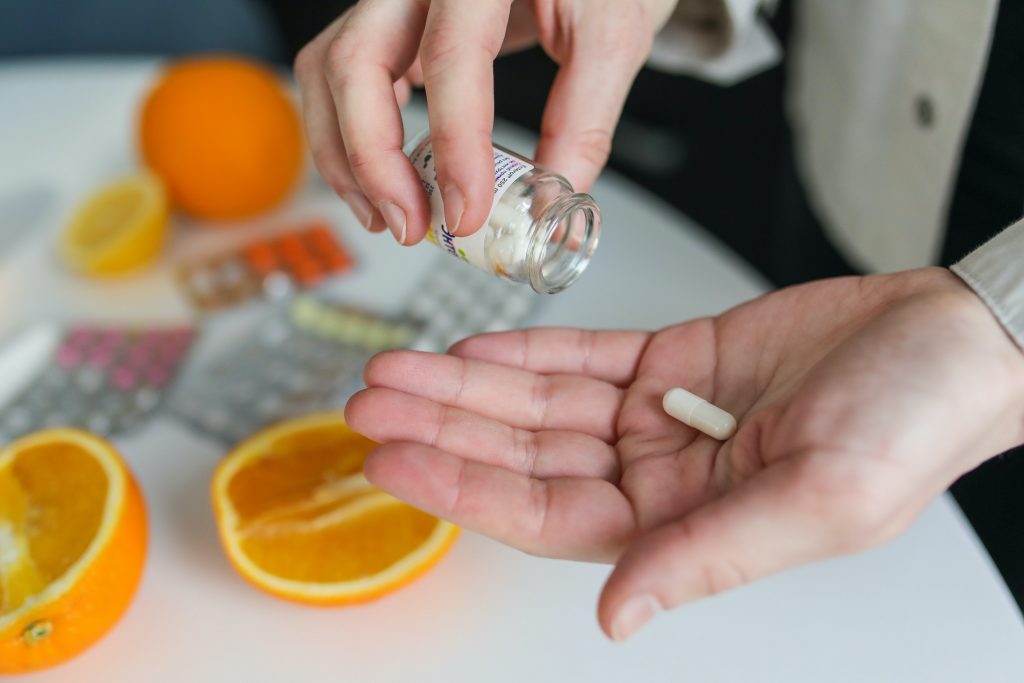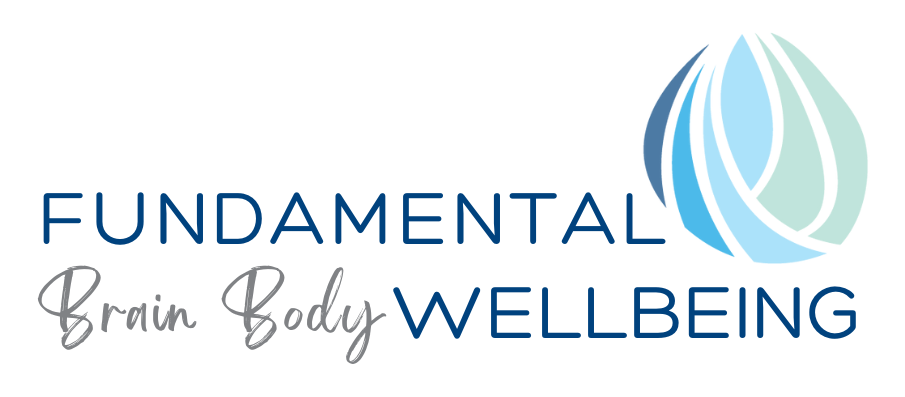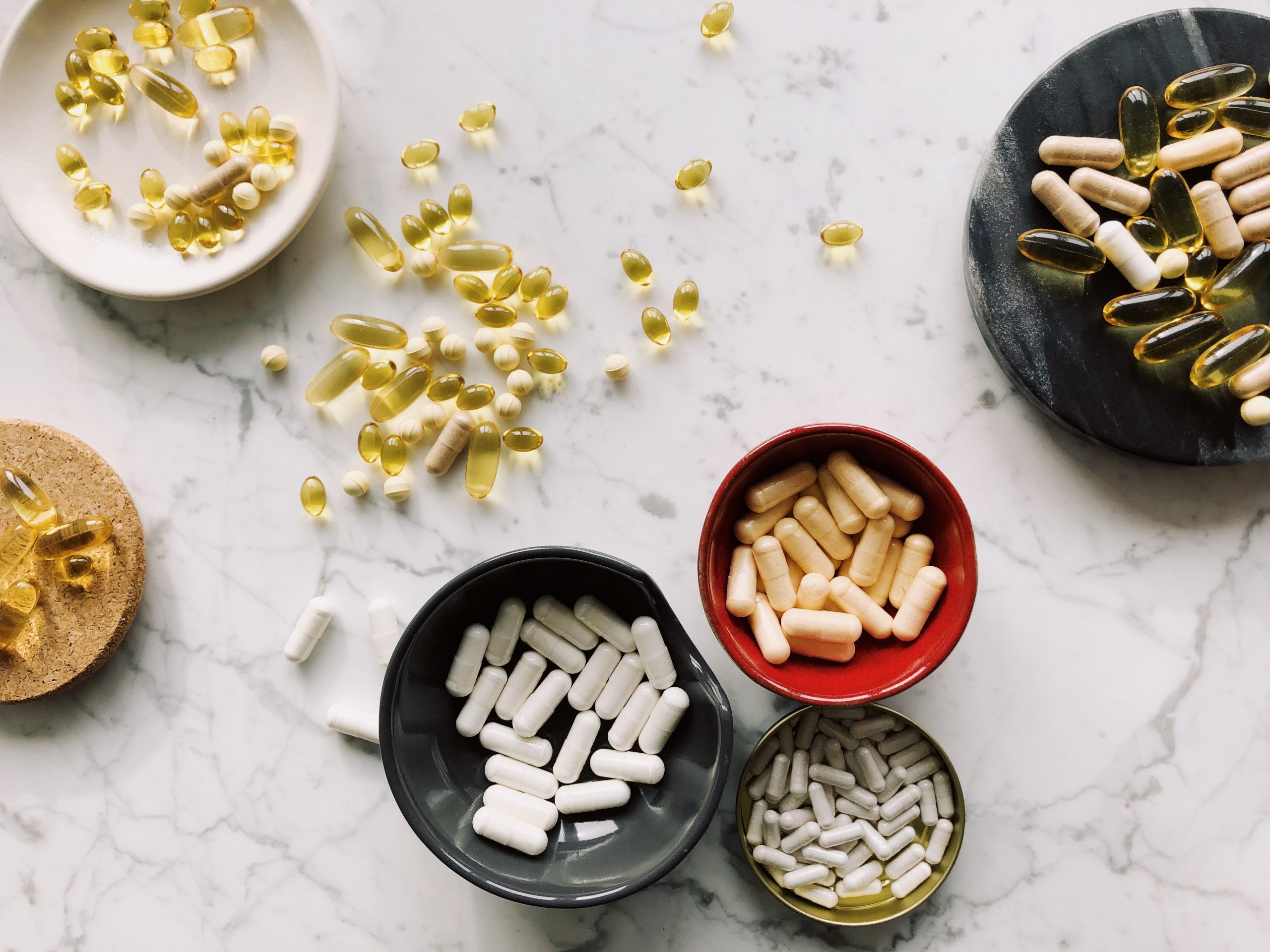“What vitamins do y’all take? Anything that works?” – PMDD Warrior
This is a question that commonly pops up in PMDD* support forums. It typically draws around 68 different answers from different people, because of course what works for one person isn’t necessarily going to work for everyone. That said, there are a few nutrients that have been proven to help ease the symptoms of PMDD
Keep in mind, however, that no single supplement will help much if you don’t also look after your basic health needs like eating a nutritious diet, exercising regularly and sleeping well. It’s also important to note that naturopathy isn’t a one-size-fits-all approach, so the nutrients listed here may work for some but not for others. Seeing a qualified professional for personalized advice is my strongest recommendation!
The following information is not a substitute for medical advice, please consult your primary health care practitioner before changing your diet or introducing new supplements.

Calcium
Calcium deficiency is commonly found in sufferers of PMDD and severe PMS, and several research studies have shown up to 75% improvement in symptoms after dosing with calcium daily for 3-4 cycles. It has been suggested that it works by supporting the conversion of tryptophan into serotonin. Use Calcium citrate form, 500 – 1200mg daily.
Food Sources: sesame seeds, almonds, dairy products, green vegetables (eg broccoli)
Dose: calcium citrate 500 – 1200mg daily
Magnesium
Magnesium is well-known as the relaxing mineral. Not only is it important in the stress response, but it is also an essential nutrient for the synthesis of the neurotransmitters serotonin, dopamine, GABA. It is thought that magnesium deficiency could play a role in the development of PMDD and severe PMS.
Food sources: green vegetables, nuts and seeds, whole grains
Dose: magnesium glycinate, biglycinate or amino acid chelate 200 – 400mg daily.
Zinc
Like magnesium, Zinc is required as a co-factor in the production of neurotransmitters. It is also important for sex hormone synthesis, and in reducing inflammation in the body. Zinc is necessary for the construction of proteins & enzymes in every cell, so that makes it pretty important for everything!
Food sources: oysters, shellfish, brazil nuts, pepitas, red meats
Dose: 25-50mg daily
Vitamin B6
B6 is pretty well-known as the period vitamin, and with good reason! It has been found to ease symptoms such as bloating, fluid retention and breast tenderness, and along with zinc and magnesium, it’s very important for the synthesis of serotonin and GABA, our happy and calm neurotransmitters.
Food sources: beef liver, beef, chicken, turkey, seafood, chickpeas, spinach
Dose: 50-100mg daily (preferably the activated form Pyridoxal-5-phosphate)
Omega-3 fats (especially DHA)
Omega-3 fatty acids are crucial to brain function, cognition, memory & learning. Omega-3 fatty acids, especially DHA, help improve the sensitivity of serotonin receptors, hence their effectiveness in managing PMDD.
Food sources: salmon, mackerel, sardines, grass-fed beef, walnuts, chia seeds & algae
Dose: 1000 – 6000mg daily
And more!
Other nutrients found to be beneficial for PMDD sufferers include B-complex vitamins, especially B9 (folate) and B12, iron (in case of deficiency), Vitamin E, taurine, glycine, iodine, tyrosine, tryptophan or 5-HTP and SAMe.

So What
Should
I Take?
Choosing which supplement to take
When choosing any of these nutrients to take in supplemental form, it’s crucial that you:
1. Buy them from a trusted source – preferably professionally prescribed by a naturopath or nutritionist
2. Make sure they are quality products – do you trust the brand? Can you call their customer service line to ask for advice or in case of an adverse reaction? Do they know where their product is made and where they get the raw product from? In the case of fish oil, is it sustainably harvested and free from toxic heavy metals such as mercury?
3. Make sure you take a therapeutic dose – for example, there’s not much point in taking only one a day if the suggested dose is 6 tablets daily
4. Give it time – take it for at least 3 – 4 cycles before you pass judgment as to whether it helps you effectively or not
What vitamins and/or minerals help you? I’d love to hear from you!
x Heidi
*PreMenstrual Dysphoric Disorder (PMDD) is a debilitating mental health condition that affects around 1 in 20 women and AFAB individuals in the week or two leading up to their period. For more information, go to previous blog entry What is PMDD?

